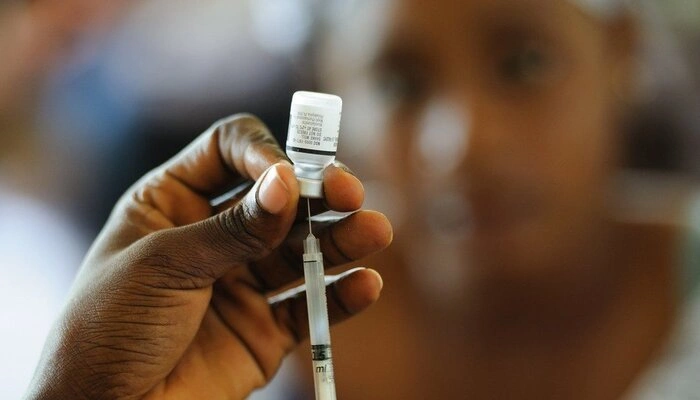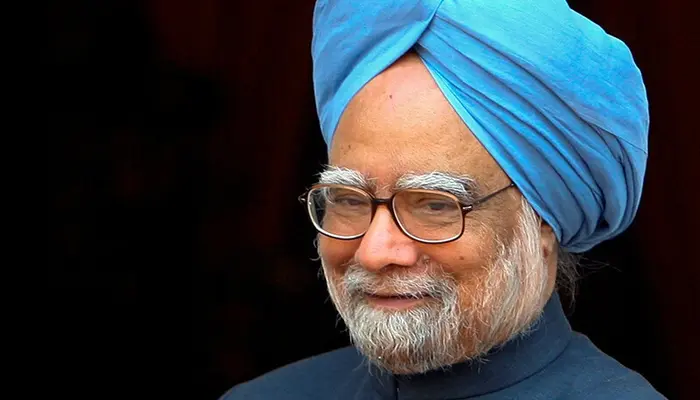
The World Health Organization (WHO) has emphasized the critical importance of COVID-19 vaccinations in combating the ongoing threat of evolving SARS-CoV-2 variants. Despite significant progress in global vaccination efforts, the virus continues to circulate worldwide, with new variants challenging public health systems.
Adapting to Genetic Evolution
The WHO’s Technical Advisory Group on COVID-19 Vaccine Composition (TAG-CO-VAC) recommends retaining the monovalent JN.1 lineage in future vaccine formulations. This lineage has proven effective in enhancing immune responses against currently circulating SARS-CoV-2 variants. Studies show these vaccines generate strong neutralizing antibodies against dominant variants like JN.1, KP.3.1.1, and XEC, which continue to evolve genetically.
Strengthening Immunity Against Variants
Vaccines targeting monovalent JN.1 or KP.2 antigens have shown significant effectiveness. They increase antibody levels and offer strong protection against severe disease and death, especially for high-risk groups such as individuals over 65 and those with underlying health conditions. TAG-CO-VAC advises countries to continue their vaccination programs without delay, using WHO-approved vaccines to address the ongoing threat.
Challenges in Monitoring Variants
Despite vaccination advancements, gaps in genomic surveillance and epidemiological reporting remain a pressing concern. The WHO stresses the need for member states to improve data collection and monitoring systems to track variant evolution and assess vaccine effectiveness. Without robust reporting, understanding the virus’s progression and its impact on public health becomes increasingly difficult.
Future Vaccine Development
The WHO encourages vaccine manufacturers to focus on formulations that provide broad immune protection against emerging variants. While current vaccines remain effective, ongoing research into new antigens derived from recent variants could further enhance immunity and reduce virus transmission. Future vaccines must also account for global accessibility and distribution challenges to ensure widespread immunization.
Read: Polio Virus Resurfaces in 10 Districts, Raising Alarms for Public Health
Ongoing Efforts and Recommendations
TAG-CO-VAC conducted a detailed review from December 10–12, 2024, analyzing data on SARS-CoV-2 evolution, immune responses, and vaccine performance. Based on the findings, the group reinforced the urgency of vaccination, particularly among vulnerable populations. They also highlighted the need for sustained efforts to update vaccines and address gaps in public health systems.
The advisory group will reconvene every six months to evaluate emerging data and recommend updates to vaccine compositions as necessary. This proactive approach aims to stay ahead of the virus’s evolution and safeguard global populations against severe outcomes.
A Call for Global Cooperation
The WHO underscores that vaccination programs are pivotal in controlling the pandemic’s impact. By prioritizing vaccination, improving surveillance, and advancing vaccine development, countries can better protect their populations and reduce the burden on healthcare systems.
Continued efforts to combat COVID-19 require collaboration between governments, researchers, and vaccine manufacturers. With the virus constantly evolving, maintaining a proactive stance in vaccine development and deployment is essential to achieving long-term public health goals.
Follow Day News on Google News, Instagram, YouTube, Facebook, Whats App, and TikTok for latest updates











